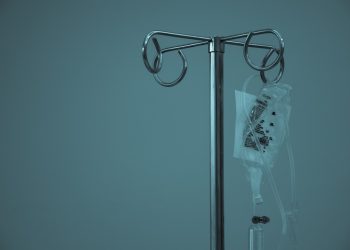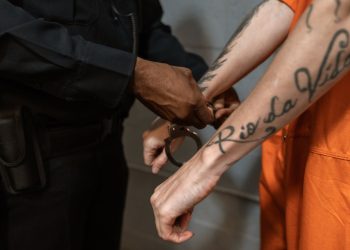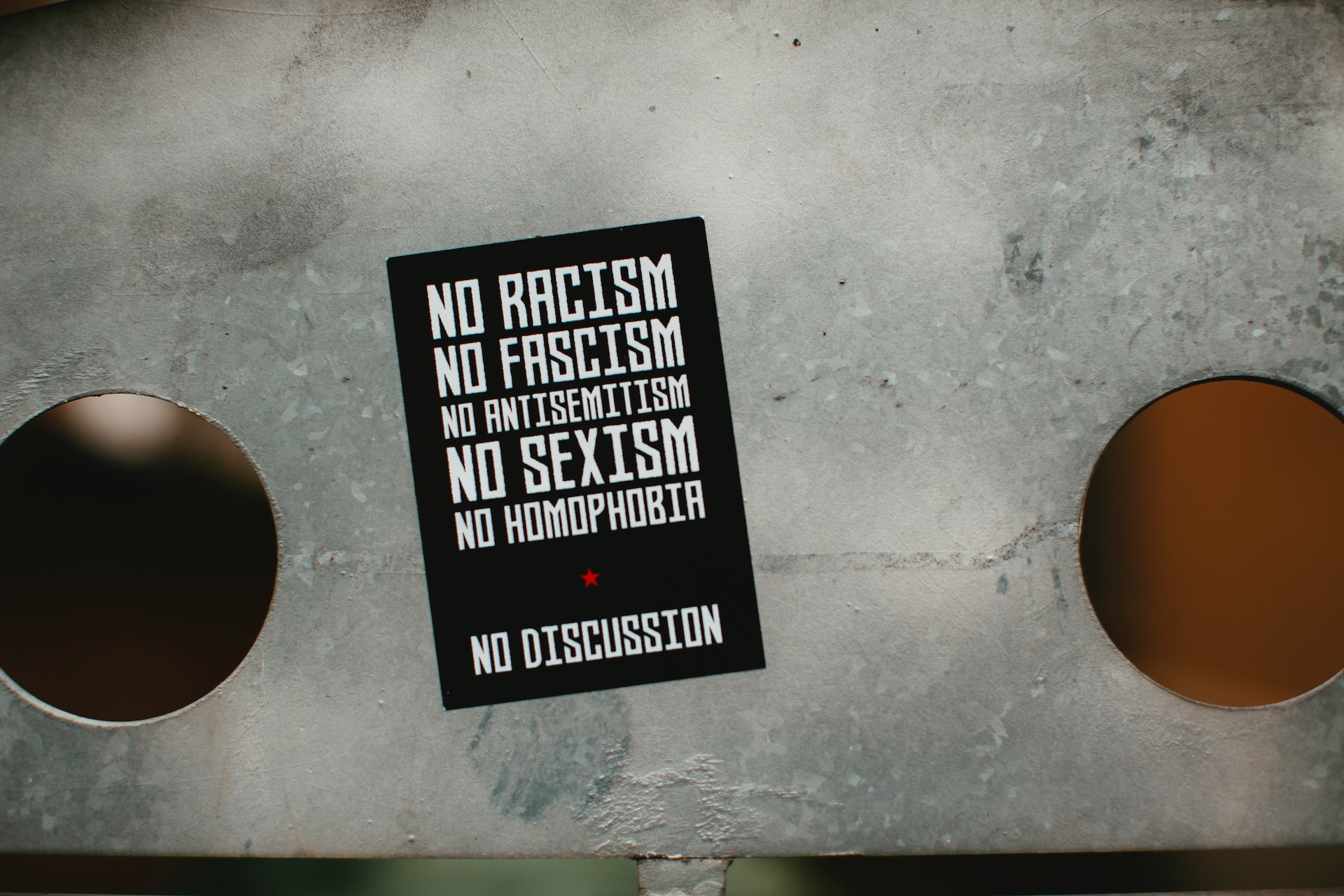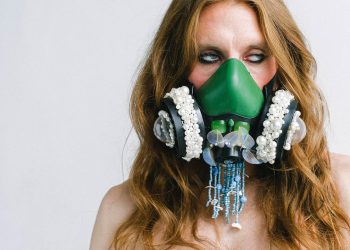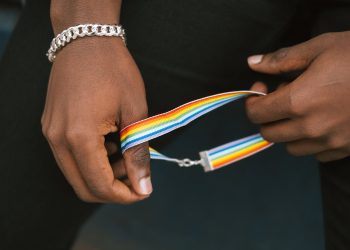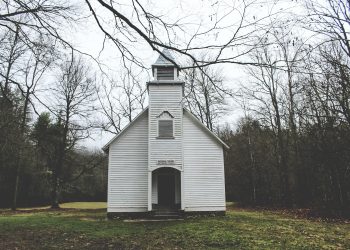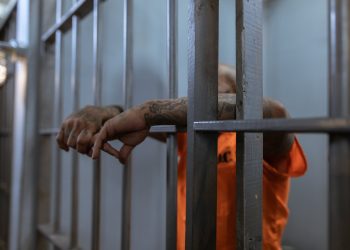In Montgomery, Alabama, a significant legal confrontation is unfolding as a federal judge has decided to proceed with litigation challenging the state’s ban on gender-affirming care for minors. This decision comes amid an evolving legal landscape regarding transgender rights in the United States.
Judge Rejects Request for Pause in Litigation
U.S. District Judge Liles Burke has rejected a request from the U.S. Department of Justice to put the Alabama case on hold. The Department had sought a stay in anticipation of appellate courts possibly hearing related petitions on the legality of state-enacted bans on gender-affirming care for minors. Judge Burke’s decision to move forward emphasizes the urgency and importance of this issue.
The Alabama Ban: Severe Implications
The contentious Alabama law classifies the provision of puberty blockers or hormones to individuals under 19 for gender identity affirmation as a felony. It carries a severe penalty of up to 10 years in prison for medical professionals administering such treatments. Currently, the law is suspended due to an injunction, pending a decision by the 11th Circuit appeals court.
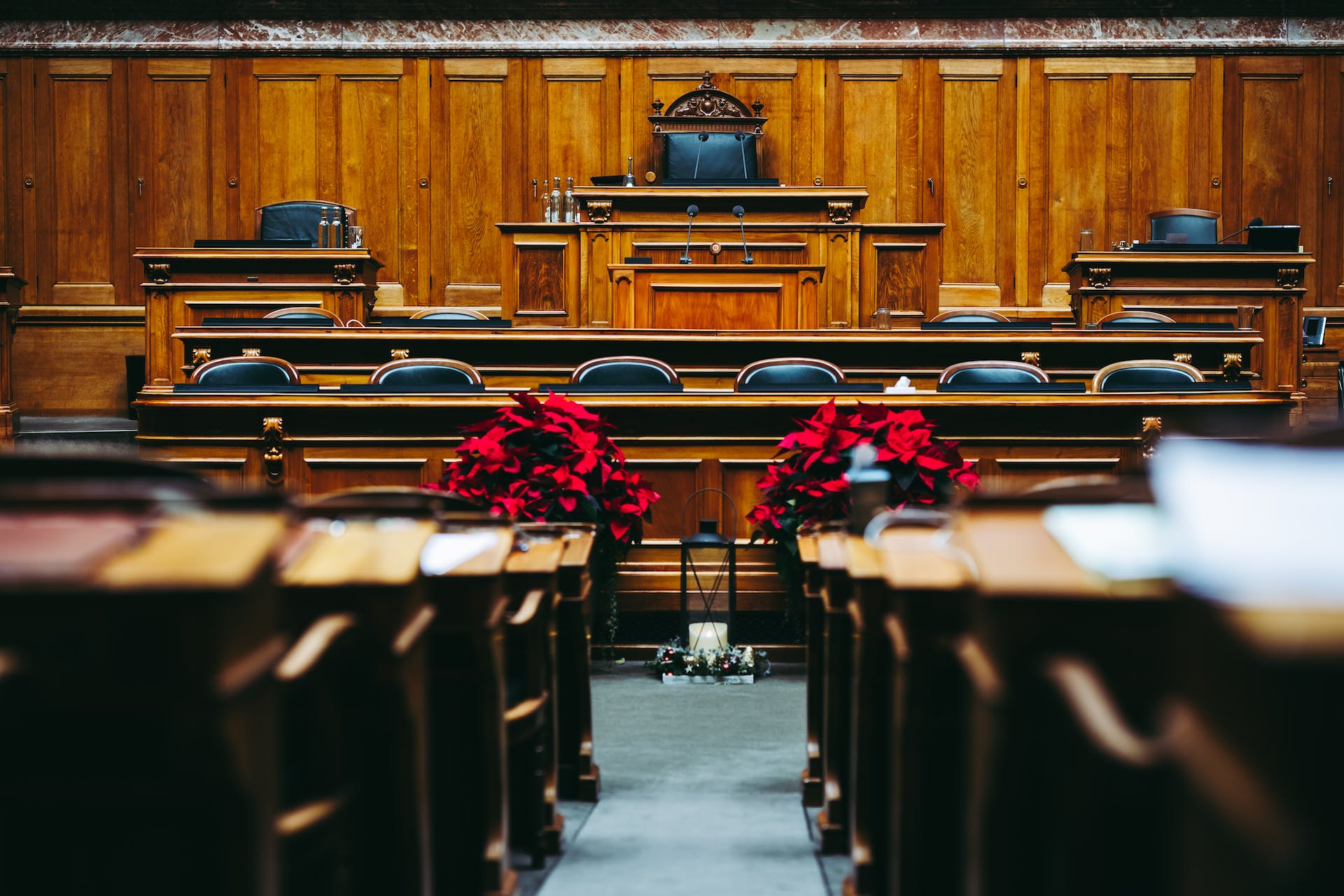
Upcoming Trial and Nationwide Context
The case in Alabama is set to go to trial in April, positioning the state at the forefront of a national debate. Across the United States, at least 22 states have passed laws either banning or limiting gender-affirming care for minors, with most facing legal challenges.
The Supreme Court’s Potential Role
Transgender youth and their families have appealed to the U.S. Supreme Court for a review of an appellate court decision that upheld bans in Kentucky and Tennessee. The outcome of these appeals could significantly influence the trajectory of the Alabama case and similar legal battles nationwide.
Conclusion: A Crucial Moment for Transgender Rights
Alabama’s case represents a critical juncture in the ongoing struggle for transgender rights in the U.S., particularly concerning the healthcare needs of transgender minors. As the legal proceedings advance, they carry profound implications not only for Alabama but for the broader national discourse on gender identity and youth healthcare rights.
©unitedradiance.org

